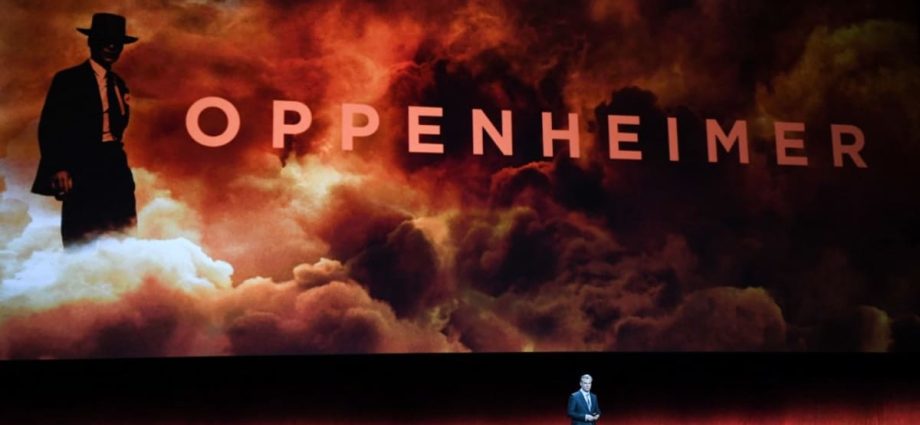
TOKYO: What can we learn from a country’s choice of when – or whether – to screen World War II drama Oppenheimer? Christopher Nolan’s blockbuster biopic was released in the United States just after the anniversary of the Trinity test, the culmination of the Manhattan Project on Jul 16, 1945, that paved the way for the postwar Pax Americana.
In South Korea, it will hit screens on National Liberation Day, which marks Tokyo’s Aug 15 surrender in World War II – something the atomic bomb is credited with. And in Japan itself, which next month will see 78 years since Little Boy and Fat Man were dropped on Hiroshima and Nagasaki, respectively, the movie isn’t scheduled for release at all yet.
That might reflect the country’s complicated views on the war.
In the US, the movie has reopened the debate on the bomb and whether it was a war crime. These revisionist discussions, which are based on what we know now, aren’t especially helpful.
Contrary to some reports, Oppenheimer has absolutely not been banned in Japan – unlike some of its Asian neighbours, the country rarely takes such steps, even for politically insensitive content. But the movie’s distributor has yet to schedule a release date; assuming one comes at all, it will be some time after the Aug 6 and Aug 9 memorials.
JAPAN’S AMBIGUOUS STANCE TOWARD NUCLEAR WEAPONS
Even on those anniversaries, Japan tends to avoid discussion of the rights and wrongs. That’s not to say its citizens have a uniform position – far from it. A 2015 poll by public broadcaster NHK found that 40 per cent of the population agreed with the proposition that the US had no choice but to use the bomb.
Interestingly, in Hiroshima, that number was 44 per cent – higher than the country at large – and topped those who called it “unforgivable”.

